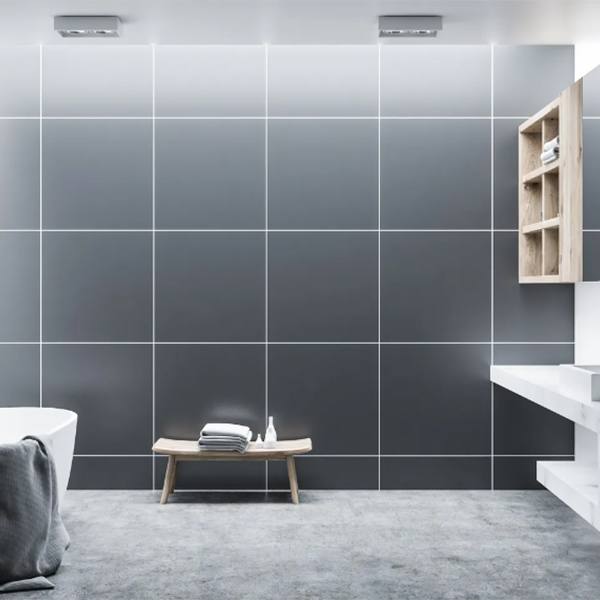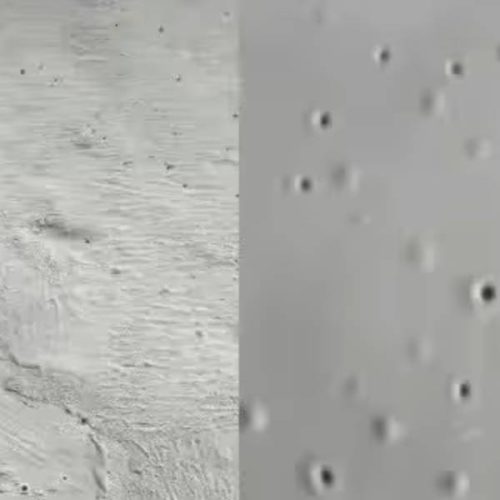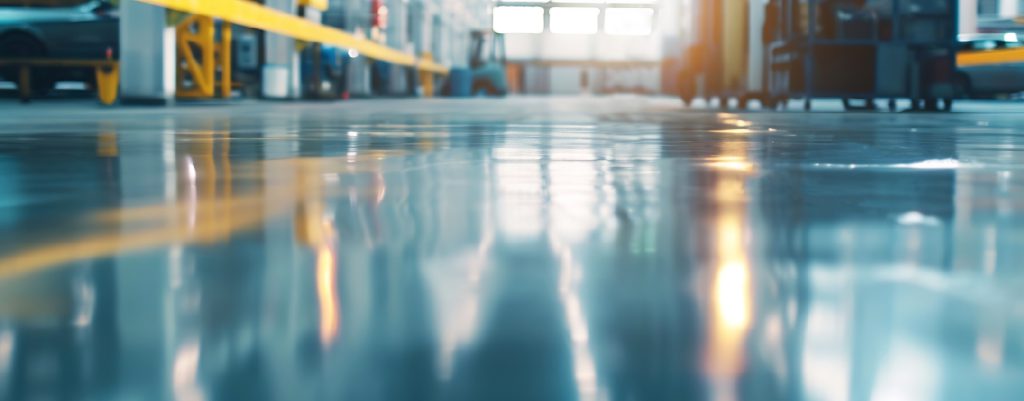What Is the Purpose of Seal Grout for Tiles?
In modern home renovations, whether for a new home or refurbishing an old one, homeowners often find themselves considering whether it is essential to apply seal grout when laying floor tiles. What are the benefits of using seal grout for tiles?
Is seal grout necessary when laying tiles? Opinions on this topic vary. Why wasn’t seal grout used in past tile installations? This is mainly because there were no standardized, professional seal grout products available. Most installations used modified cement-based fillers, which were neither stain-resistant nor easy to clean. Later, single-component seal grouts emerged, but they were of low strength and prone to collapsing and cracking.

Modern two-component seal grouts offer high strength, excellent resilience, and resistance to cracking and mold. Additionally, they are waterproof, corrosion-resistant, come in various styles, and are stain-resistant and easy to clean.
What benefits does seal grout bring to tiles? Firstly, seal grout gives tiles a neater, more aesthetically pleasing appearance. You can choose various styles based on personal preferences, whether it’s grand and elegant, simple and classic, mottled, pure and comforting, gentle and refined, or icy and delicate, to suit individual preferences. Secondly, using seal grout helps prevent water and moisture from penetrating the concrete layer, avoiding blackened gaps, dirt buildup, efflorescence, and powdering. Not only is this visually unappealing, but it also harbors dirt, promotes harmful bacteria growth, and poses health risks to individuals and their families.
Types of bacteria in tile gaps and their hazards Tile gaps can range from 0.9 mm to over 6 mm. Each square centimeter of tile gap can contain up to 4.56 grams of debris. Inhalable particles, organic material, breadcrumbs, pet hair, dander, saliva, and stagnant water provide conditions that allow harmful bacteria to thrive. On average, the number of harmful bacteria is seven times the standard for hospital infectious disease wards. Examples of harmful bacteria found in tile gaps include:
- Mold: Mold can rapidly grow in warm, humid gaps. Some strains can cause nausea, upset stomach, abdominal pain, and diarrhea. In severe cases, they may lead to respiratory and digestive diseases such as asthma and acute enteritis.
- E. coli: E. coli mostly originates from pet dander and urine. Pathogenic strains, such as O-157 E. coli, can cause dehydration, bloody diarrhea, high fever, and complications like hematuria and brain dysfunction.
- Staphylococcus aureus: According to reports from the U.S. Centers for Disease Control and Prevention, infections caused by Staphylococcus aureus rank second only to E. coli and are more common in spring and summer. They can cause pneumonia, pseudomembranous colitis, pericarditis, and even sepsis.
- Dust mites: Dust mites are among the primary causes of allergic diseases. When indoor air contains 500 dust mites per gram of dust, it can potentially trigger acute asthma.
It is evident that applying seal grout for tiles in homes can contribute to a healthier living environment due to the stain resistance, wear resistance, waterproofing, and antibacterial properties of the seal grout. By preventing the accumulation of debris in the gaps, it reduces the growth and spread of harmful bacteria, protecting the health of families and their members.
Feiyang Protech has been specializing in the production of raw materials for polyaspartic coatings for 30 years and can provide polyaspartic resins, hardeners and coating formulations. Feel free to contact us: marketing@feiyang.com.cn
Our products list:
Contact our technical team today to explore how Feiyang Protech’s advanced polyaspartic solutions can transform your coatings strategy. Contact our Tech Team






